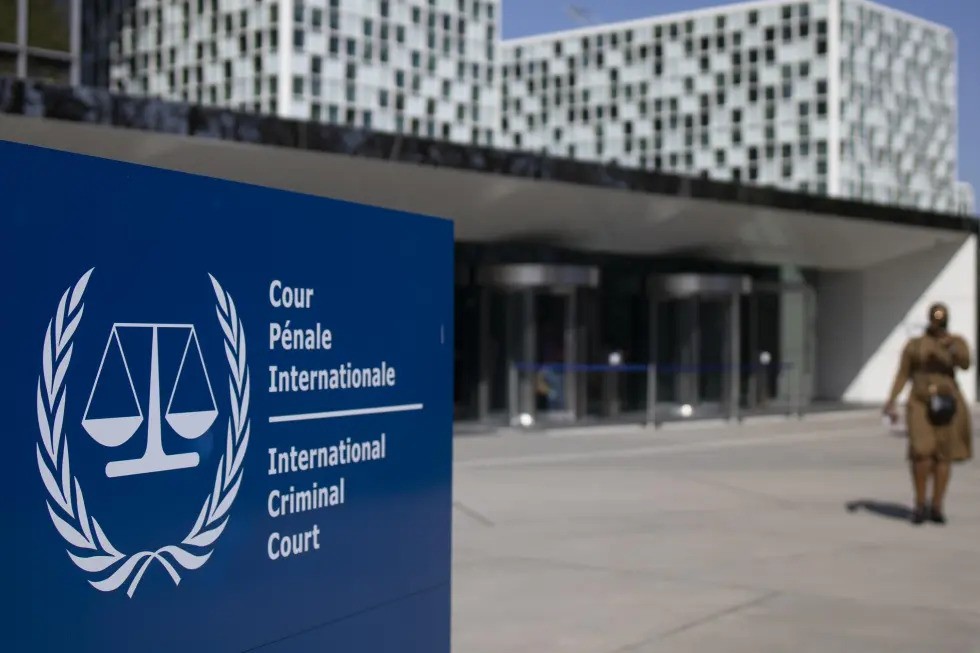The Trump administration has recently imposed sanctions on four officials of the International Criminal Court (ICC).
The US State Department on Wednesday announced penalties against two ICC Judges, Kimberly Prost of Canada and Nicolas Guillou of France, as well as Prosecutors Nazhat Shameem Khan of Fiji and Mame Mandiaye Niang of Senegal. Their assets in US jurisdictions will be frozen.
Washington accused them of pursuing cases against Americans and Israelis without the consent of either state.
US Secretary of State Marco Rubio said the measures were necessary to “protect our troops, our sovereignty and our allies from the ICC’s illegitimate and baseless actions.”
Israel welcomed the move, with Israeli Prime Minister Benjamin Netanyahu hailing it as a defence against a “mendacious smear campaign” targeting the state and the military of Israel.
The sanctions follow earlier US penalties against the ICC’s former chief prosecutor Karim Khan and several judges.
Prost and Guillou were cited for rulings authorising investigations in Afghanistan and arrest warrants for Netanyahu and former Israeli defence minister Yoav Gallant.
Khan and Niang were targeted for continuing probes into Israel’s actions in Gaza, including upholding those warrants.
ICC said the sanctions were an “affront against the court’s states parties, the rules-based international order and millions of innocent victims across the world.”
A UN spokesperson, Stéphane Dujarric, reiterated full support for the court, calling it a “key pillar of international criminal justice.”
France expressed “dismay,” saying the measures undermined judicial independence.
Human rights advocates warned the US action was part of a broader campaign to undermine accountability.
Danya Chaikel, the International Federation for Human Rights’s representative to the ICC, called it a “defining test” for the court’s 125 member states: whether they would defend its independence or “allow intimidation by powerful states to dictate who deserves justice.”


